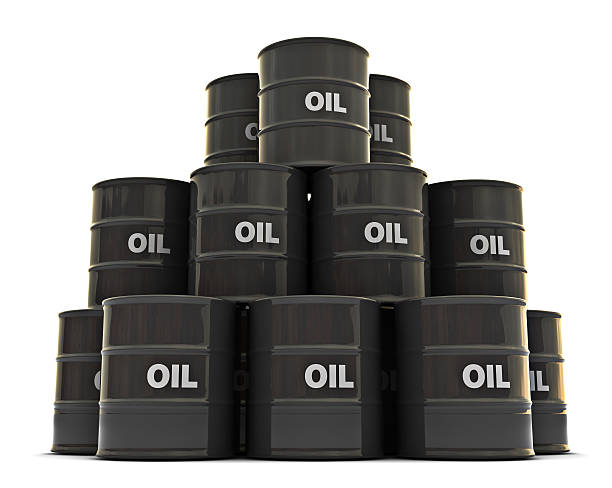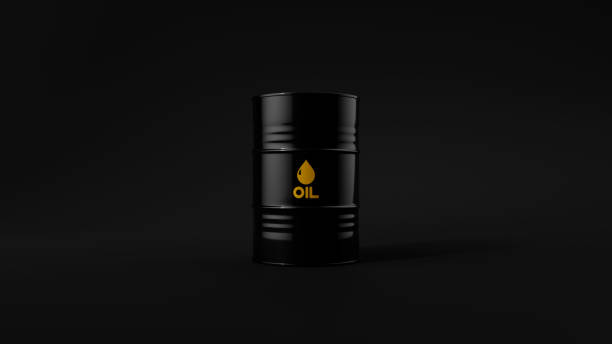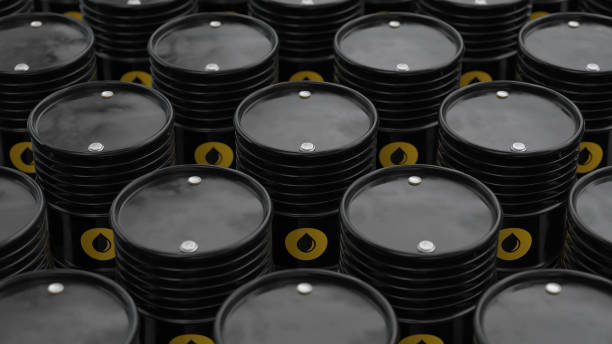
Virgin Fuel Oil, commonly referred to as D6, is a heavy, high-viscosity residual fuel oil derived from the final stages of crude oil distillation. It is widely used in power generation, marine propulsion, and other large-scale industrial operations where high energy density and affordability are key considerations. D6 is also known by other names such as Bunker C Fuel Oil, Residual Fuel Oil (RFO), and Navy Special Fuel Oil.
D6 Fuel Oil is best suited for large-scale combustion systems that can accommodate pre-heating and specialized handling equipment:
Power Plants: Used in boilers and turbines to generate electricity, often as a backup fuel.
Large Marine Vessels: Ideal for ocean-going tankers, bulk carriers, and container ships.
Industrial Boilers & Furnaces: Provides high heat intensity for heavy manufacturing.
Emergency Generators: Used in large-scale backup power systems.
⚠️ Note: D6 is not suitable for use in cars, small boats, or smaller engines due to its viscosity and the complexity of its pre-heating requirements.

While D6 is cost-effective, it is also one of the most polluting fuel types due to its high sulfur content and residual impurities. Combustion of D6 releases sulfur dioxide (SO₂), contributing to acid rain and atmospheric pollution. As a result, regulations in many regions now require desulfurization and cleaner-burning alternatives, increasing the processing cost.
D6 fuel oil is primarily produced and consumed in:
Russia – A leading exporter with vast refining infrastructure.
United States – Used as a backup fuel in energy grids and large facilities.
Europe & Asia – Limited use due to emissions regulations; used mainly in marine applications.
In many developing countries, D6 remains a vital energy source due to its affordability and ease of production compared to more refined fuels.

Seasonal Demand: Prices often rise in colder months due to increased heating oil usage.
Refining Costs: Additional sulfur removal processes raise prices in regulated markets.
Global Crude Prices: D6 pricing is indirectly tied to crude oil benchmarks and supply chain logistics.
Despite these variables, D6 remains the cheapest commercially available liquid fuel, which supports its continued use in high-volume applications.
High Pollution Output – Contains sulfur and particulate matter.
Not Suitable for Small Engines – Requires bulky, specialized heating systems.
Handling Complexity – Pre-heating, storage, and pumping must be managed carefully.
Environmental Restrictions – Many regions limit its usage in favor of cleaner fuels.
Virgin Fuel Oil (D6) is a critical industrial fuel offering high energy content at a relatively low cost. Although environmental challenges and regulatory shifts are reshaping the fuel landscape, D6 remains indispensable for sectors that require large-scale, high-temperature combustion—particularly in power generation and maritime operations. Understanding its characteristics, classifications, and compliance standards is essential for any entity involved in the production, transportation, or utilization of this fuel type.